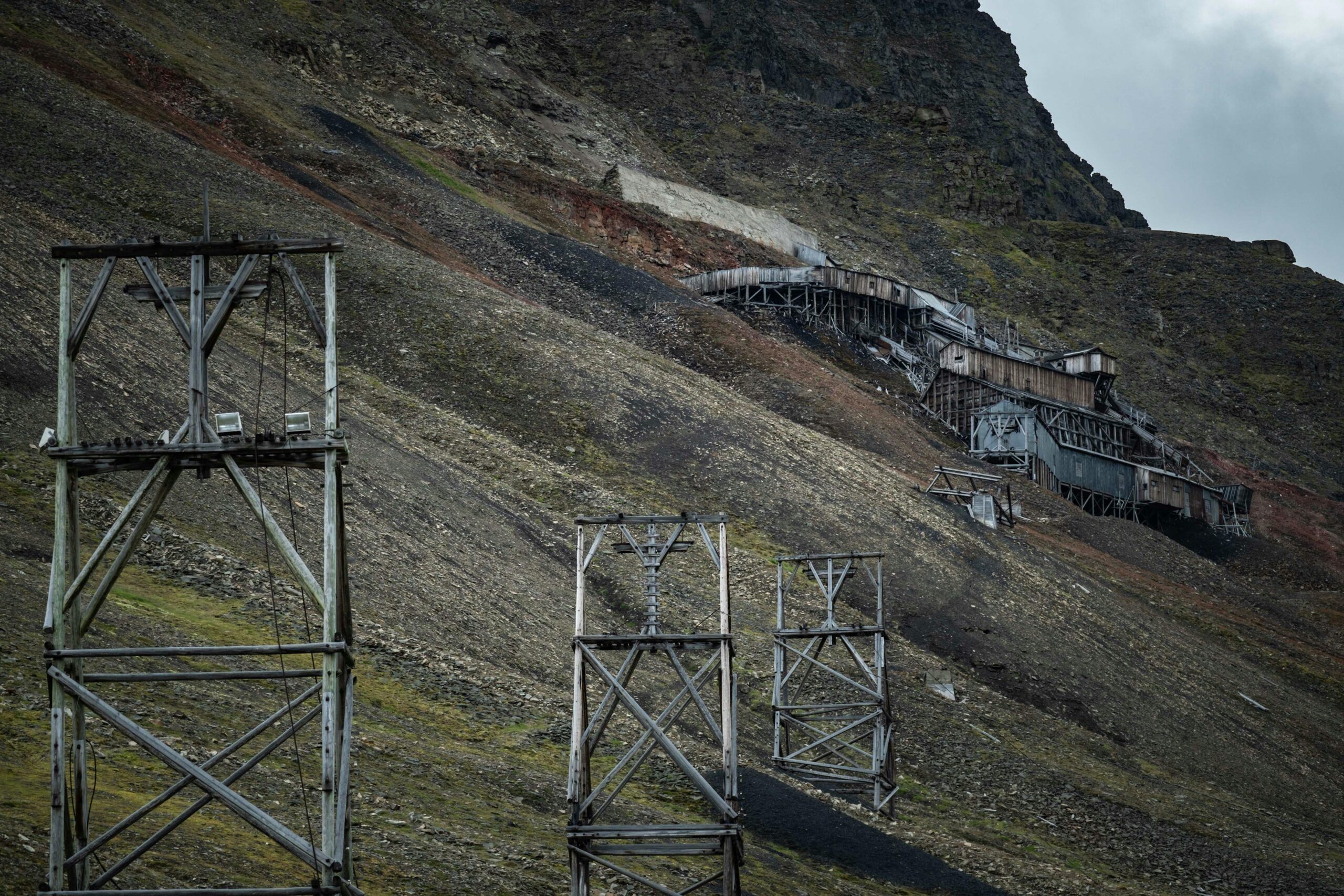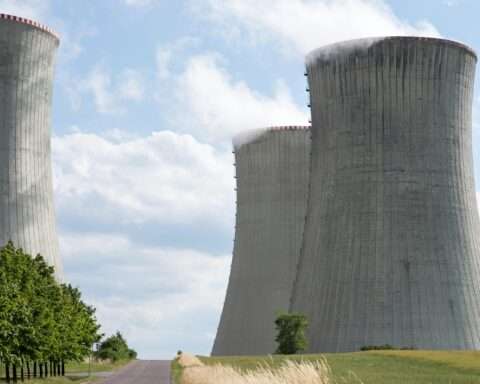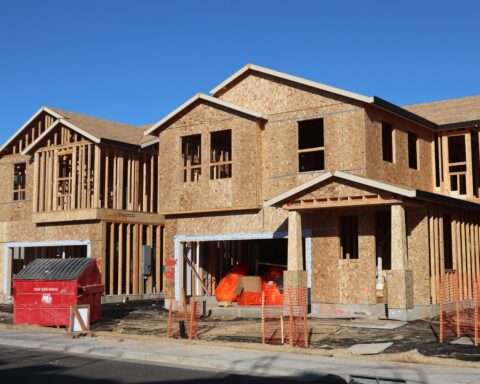The Department of the Interior announced nearly $725 million in fiscal year 2025 funding to clean up abandoned coal mines.
The Infrastructure Investment and Jobs Act (IIJA), in 2021, appropriated nearly $11.3 billion for the Abandoned Mine Reclamation Fund, which is administered to states by the Office of Surface Mining Reclamation and Enforcement (OSMRE). Of the funds, OSMRE will distribute $10.873 billion in IIJA Abandoned Mine Land (AML) grants to eligible states and tribes over a 15-year period, distributing about $725 million a year.
This year’s funding will support efforts to eliminate dangerous mine hazards, restore clean water access and transform abandoned coal mine lands.
Under this program, 22 states and the Navajo Nation will receive funding, with grants based on historic coal production. States and tribes will manage project selection and implementation. Some of the top grant awards include:
- Pennsylvania ($244.8 million).
- West Virginia ($140.7 million).
- Illinois ($75.7 million).
- Kentucky ($74.2 million).
- Ohio ($46.4 million).
- Navajo Nation ($1.7 million).
The IIJA AML grant funding guidance details that recipients may only spend the funds on eligible abandoned coal mine reclamation projects. According to the release, IIJA AML recipients may use the grant for one or more of the following:
- Priority one and priority two projects that protect public health, safety and property from dangers posed by coal mining practices, including the restoration of nearby land, water resources and the environment.
- Priority three projects that restore land and water resources and aspects of the environment previously degraded by adverse effects of coal mining practices. These projects may include the design, construction, operation, maintenance and rehabilitation of acid mine drainage treatment facilities.
- Water Supply Restoration Projects that support the protection, repair, replacement, construction or enhancement of facilities relating to water supply, including water distribution facilities and treatment plants. Projects may also replace water supplies adversely affected by coal mining practices.
- AML Emergency Projects that restore, reclaim, abate, control or prevent adverse effects of coal mining practices on eligible lands. These projects focus on when an emergency exists that constitutes a danger to public health, safety or general welfare and no other person or agency will act expeditiously to restore, reclaim, abate, control, or prevent adverse effects of coal mining practices.
States and tribal governments will now begin submitting project proposals. With funding secured, reclamation work can begin later this year.
Photo by Francesco Ungaro from Pexels













